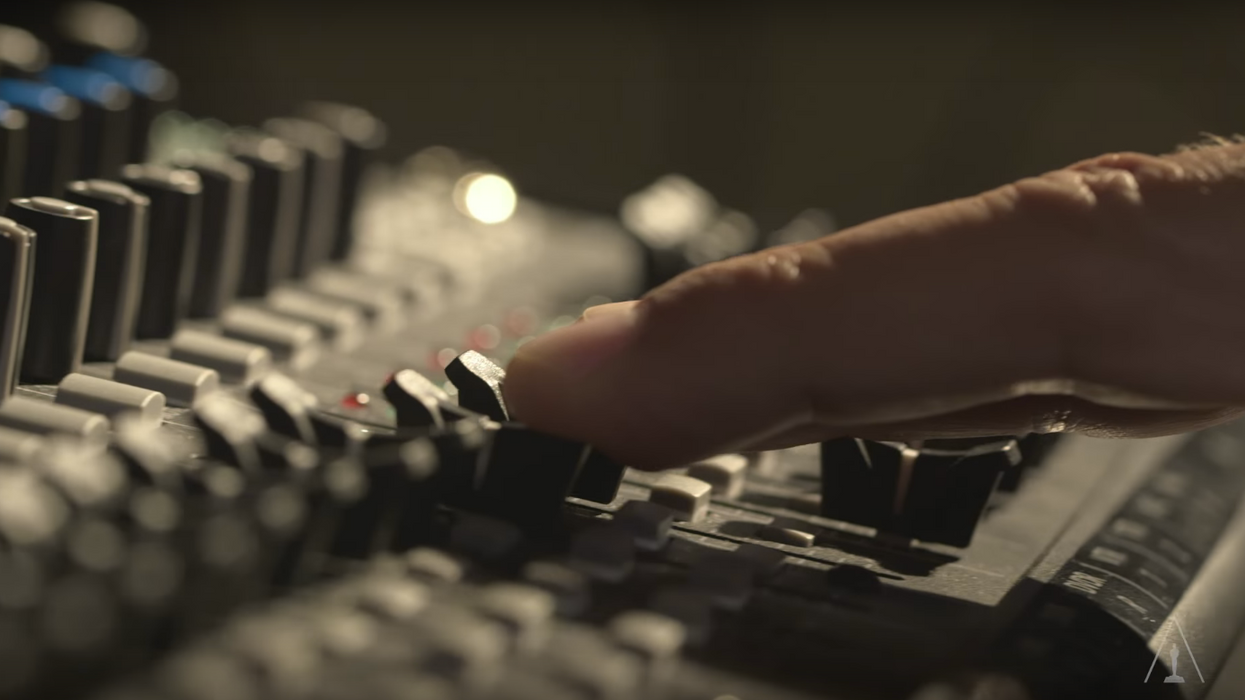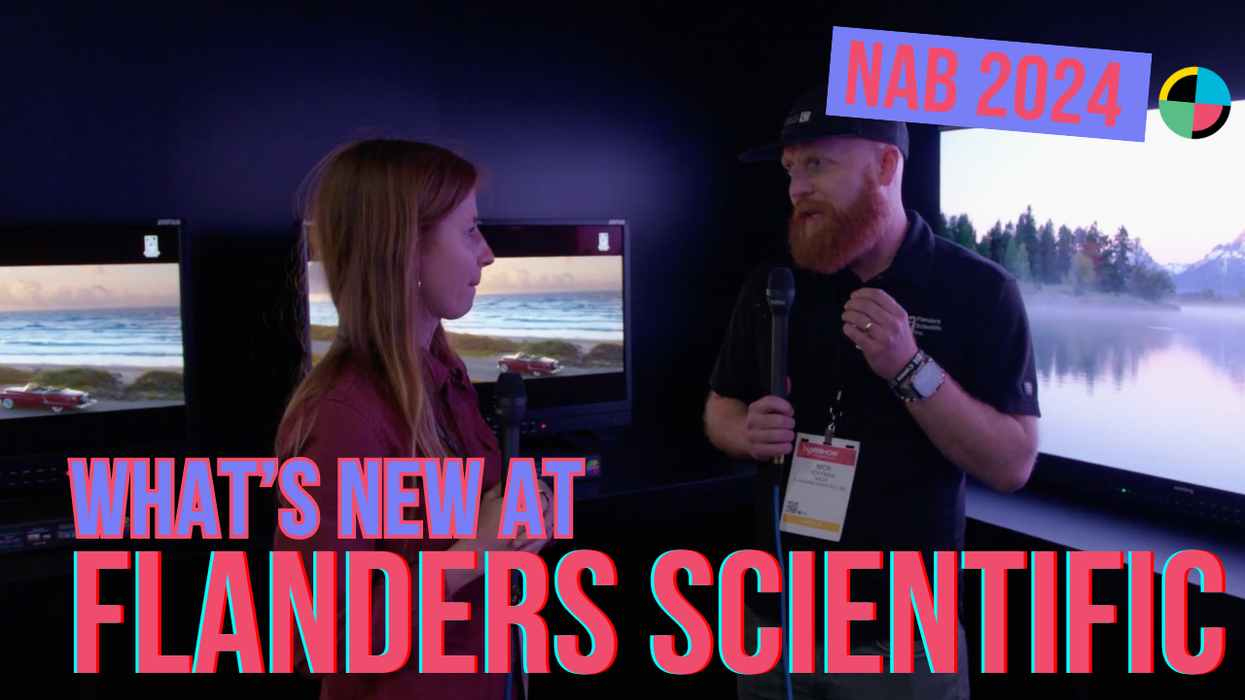4 Things This Oscar-Winning Editor Wants You to Know About Creative Editing
Editors are puzzle solvers, lining up tiny clips like puzzle pieces to form an evocative, coherent film.

But one thing editors aren't often called are storytellers. Yes, a lot of the job is technical and somewhat formulaic, but there is an immense amount of creativity and artistic mastery required to be considered truly great. Editor William Goldenberg, who won an Oscar for his work on Argo, sat down with Academy Originals to explain his creative process, leaving plenty of advice for young editors to glean along the way. Check out the interview below:
Give yourself a chance to be wrong
Editing, like any art form, is a bit of a double edged sword in that it allows you to develop your skills to the point of autonomy, but it allows you to develop your skills to the point of autonomy. The problem with this is that although you can basically edit a film in your sleep, you're not pushing yourself to find new ways to use the medium to tell stories -- you're comfortable and creatively stagnant.
Goldenberg shares something he learned from 3-time Oscar-winning editor Michael Kahn (Schindler's List, Saving Private Ryan), that you need to give yourself the space to be wrong -- to take chances that may end up with you completely falling on your face. It's only in this space where new ideas and techniques are created.
Get a body in there
There is certainly power in numbers, but like screenwriters and other artists who sit in front of a computer all day, editors often don't have a massive team behind them to support them and offer new ideas. So, in order to get a fresh perspective on your project when you need it, you might want to team up with a fellow editor, the director, an artist, your mom -- whatever, doesn't matter -- just as long as your voice isn't the only one you're hearing day in and day out. It helps.
Do your "homework" so you can "lose your forebrain"
Goldenberg describes the process he undergoes every day when he comes in to edit: he watches dailies and takes copious notes to the point that he knows the film front and back before he ever drops a clip in his timeline. Now, some of you might be saying, "Yeah, well that's just not how I like to work." Fair enough, but consider this: Editing a film is like putting together a puzzle. Would you rather have all the pieces when you begin putting it together, or start with only a few pieces?
As often as you can, avoid the easy edit
This is something Goldenberg learned working with Michael Mann on Ali. The point here is that there are thousands and thousands of edits that you'll be making on a single project -- at least a few of them can be dangerous, unique, and unexpected. Clearly edits have a basic inherent function to compress time, space, and information, but as often as you can, allow yourself to get creative with your editing decisions. Your audience will appreciate it and your craft with reach new heights. However, remember that though your editing can be inventive and exciting and extreme, it must always, always serve the story. Story is always king.
Source: Academy Originals


 No Film School's coverage of
No Film School's coverage of 









